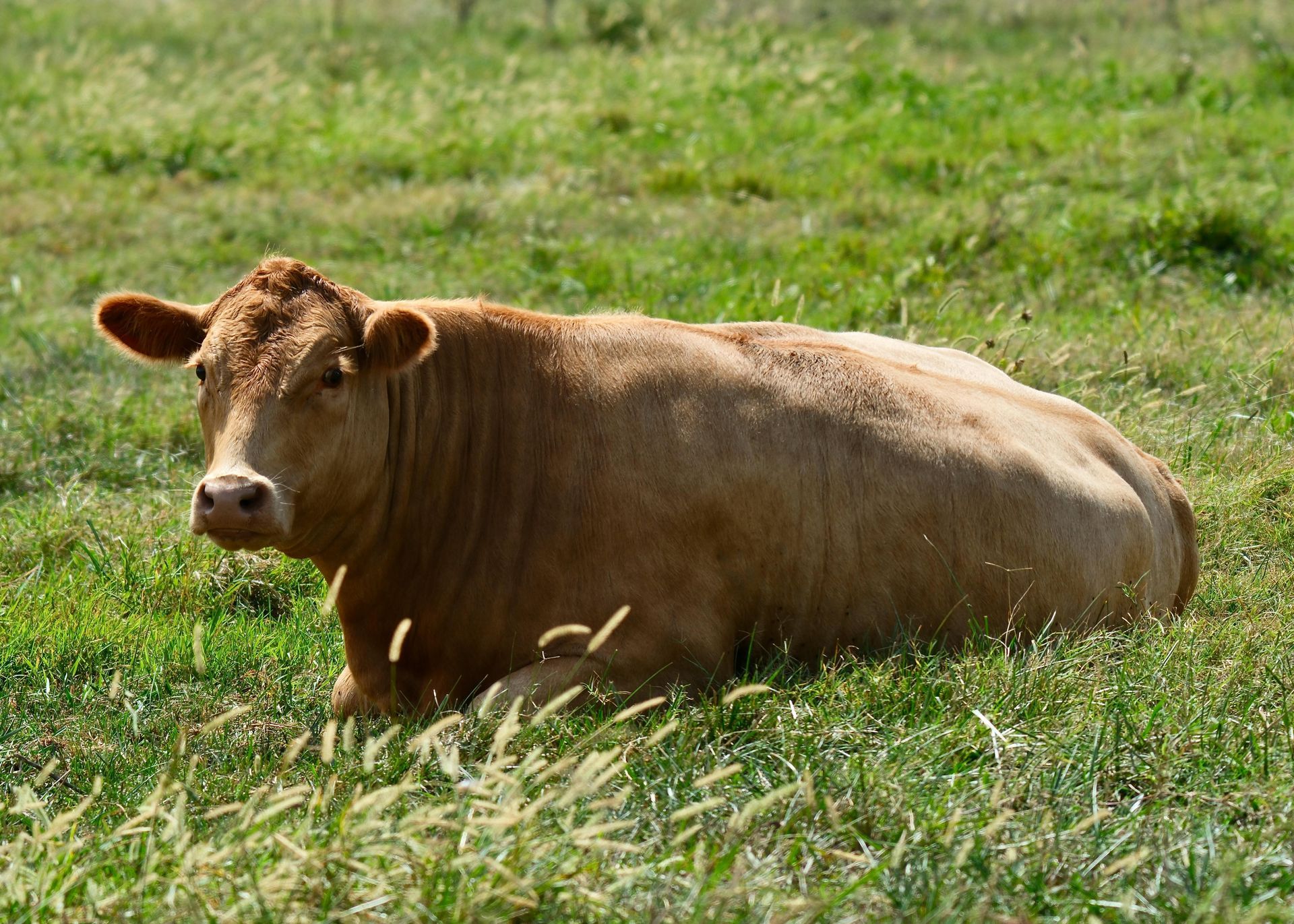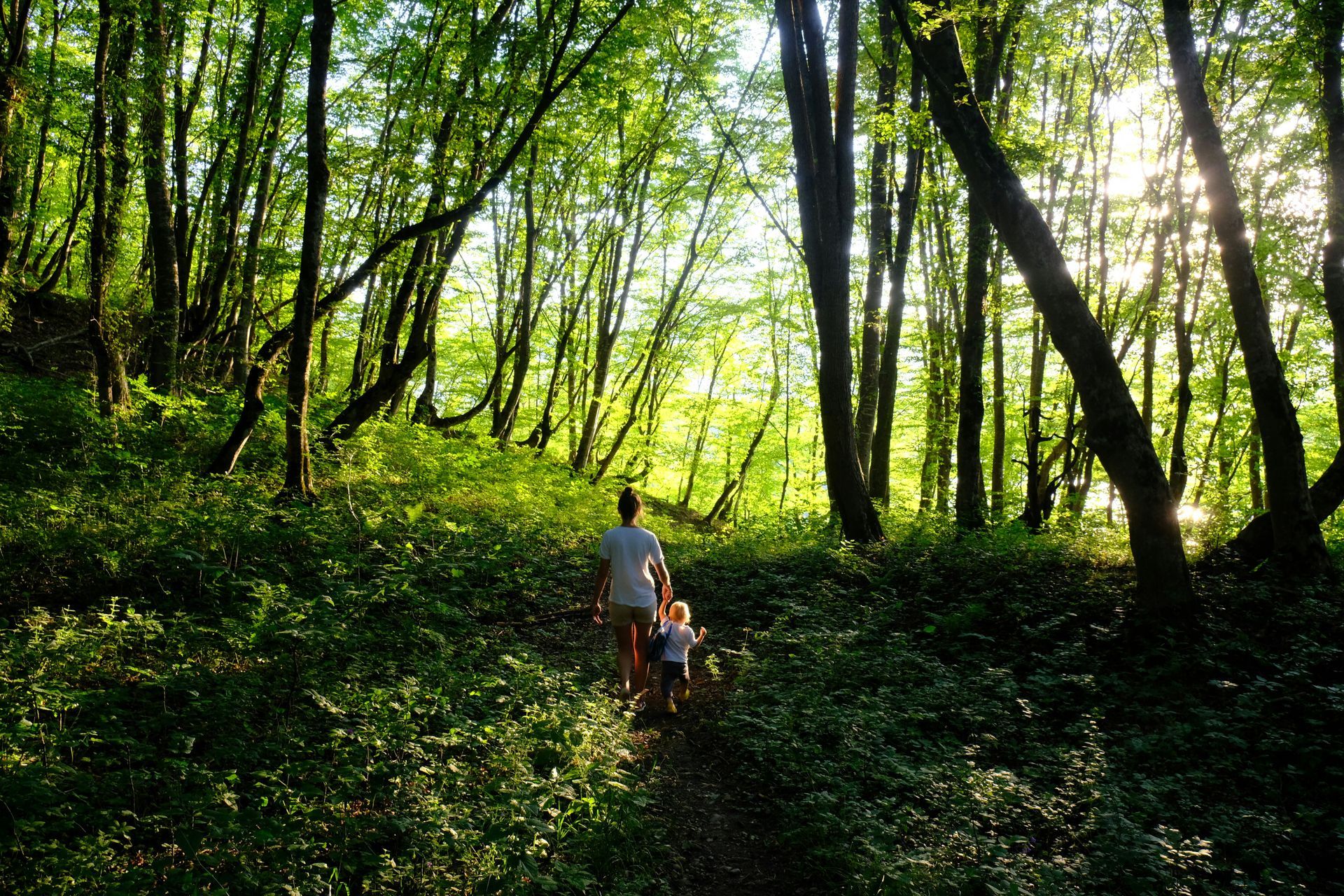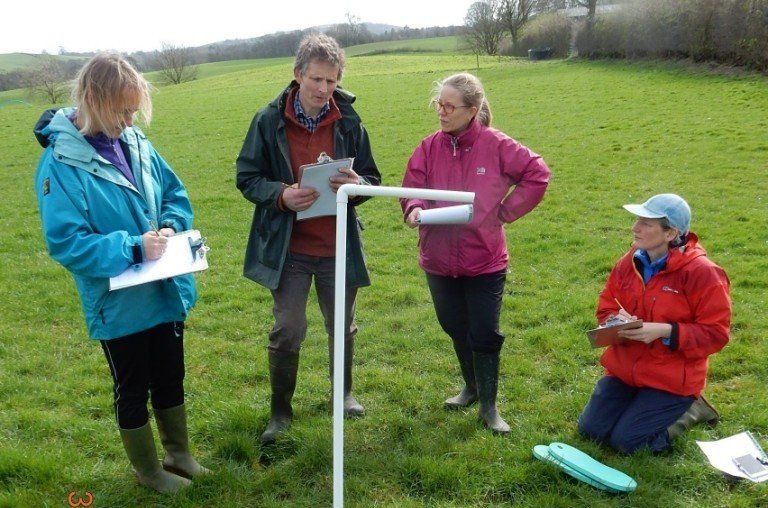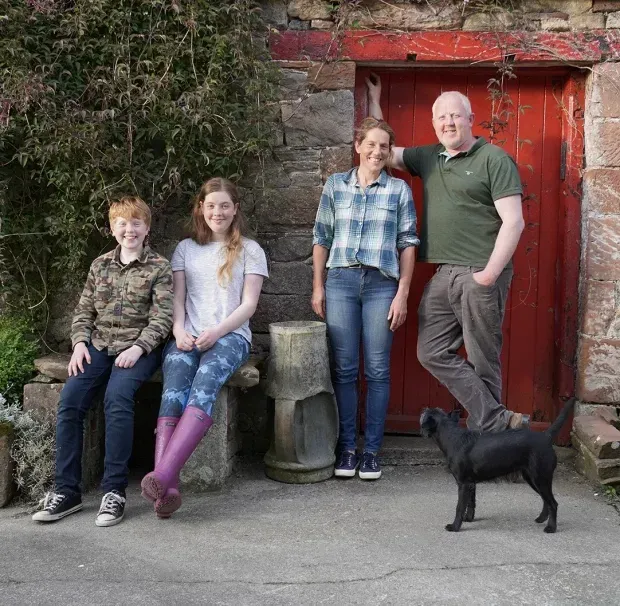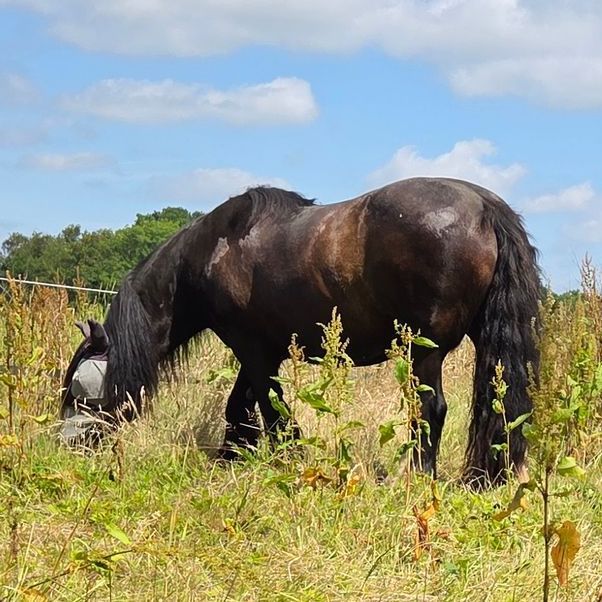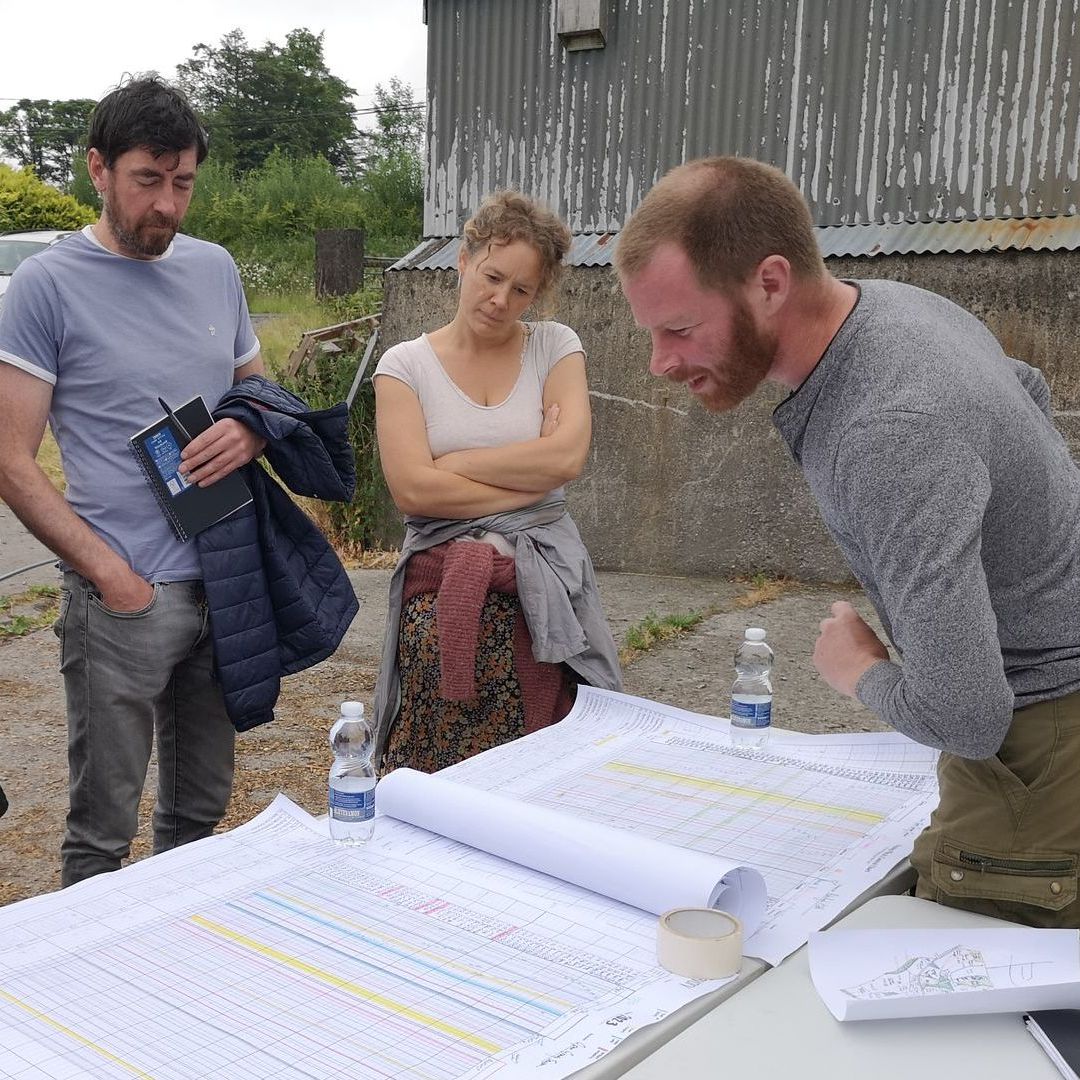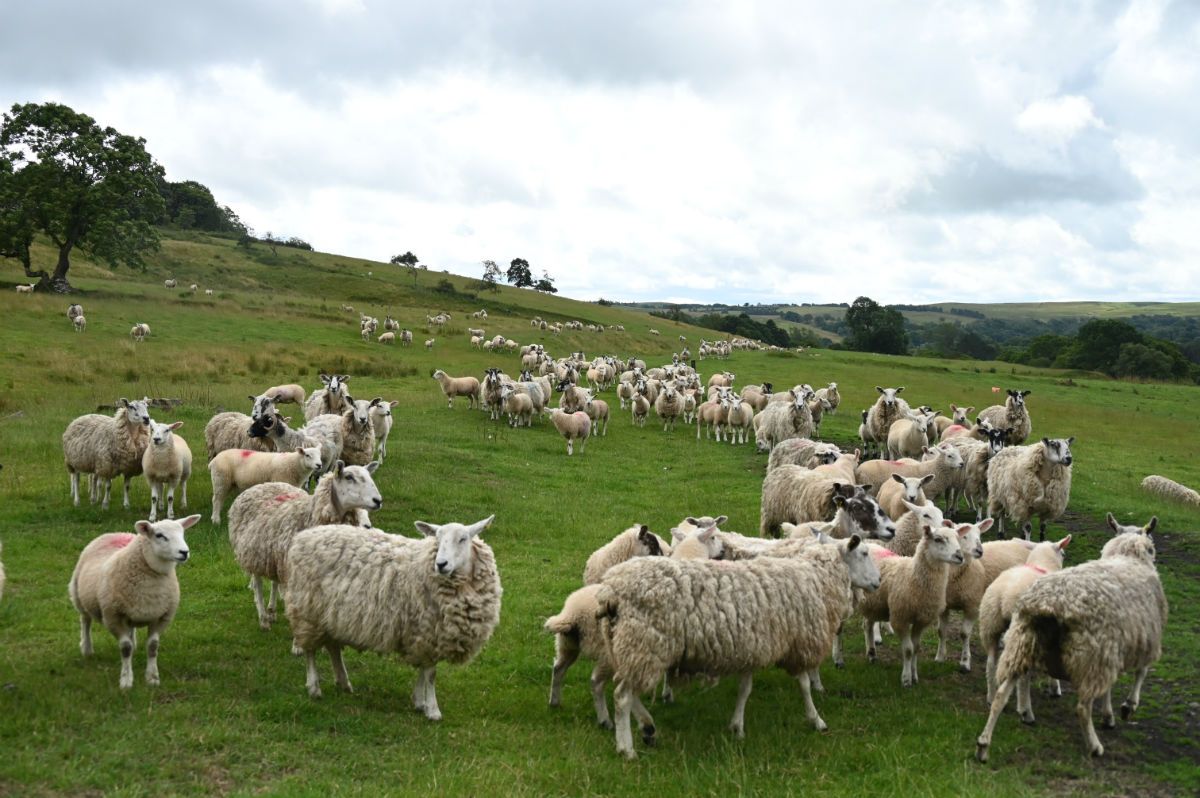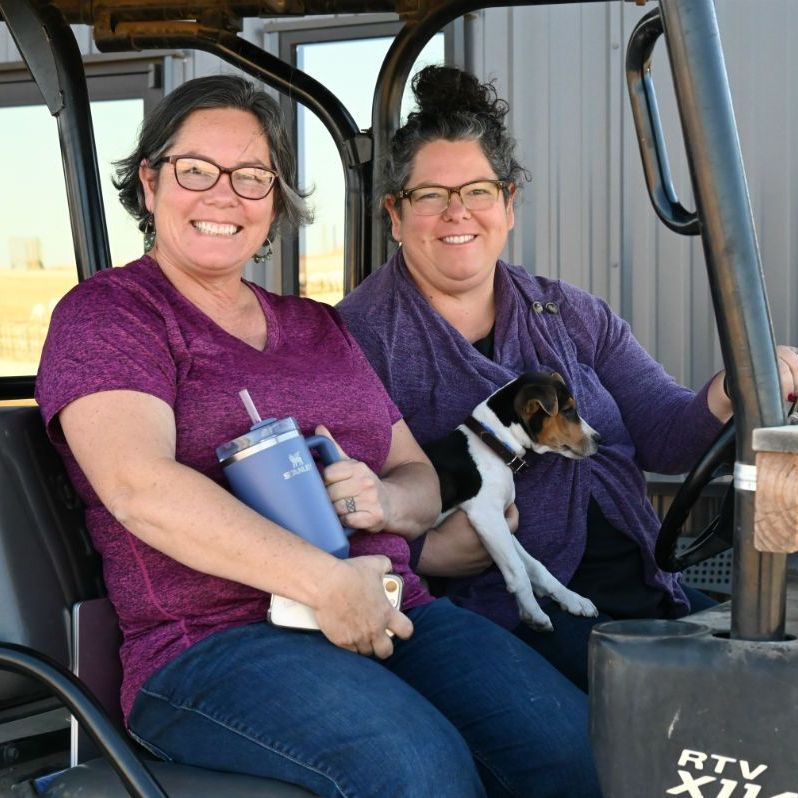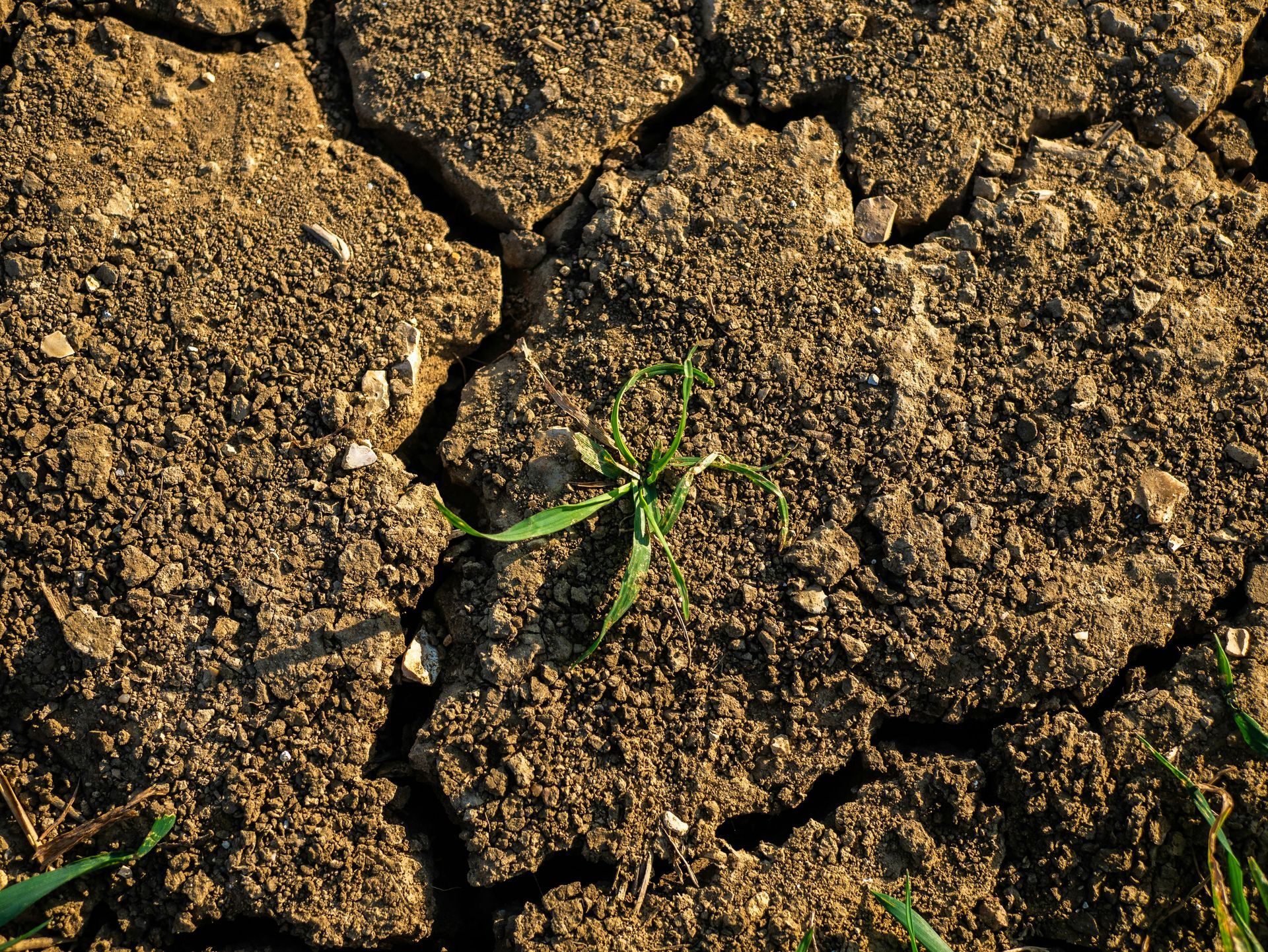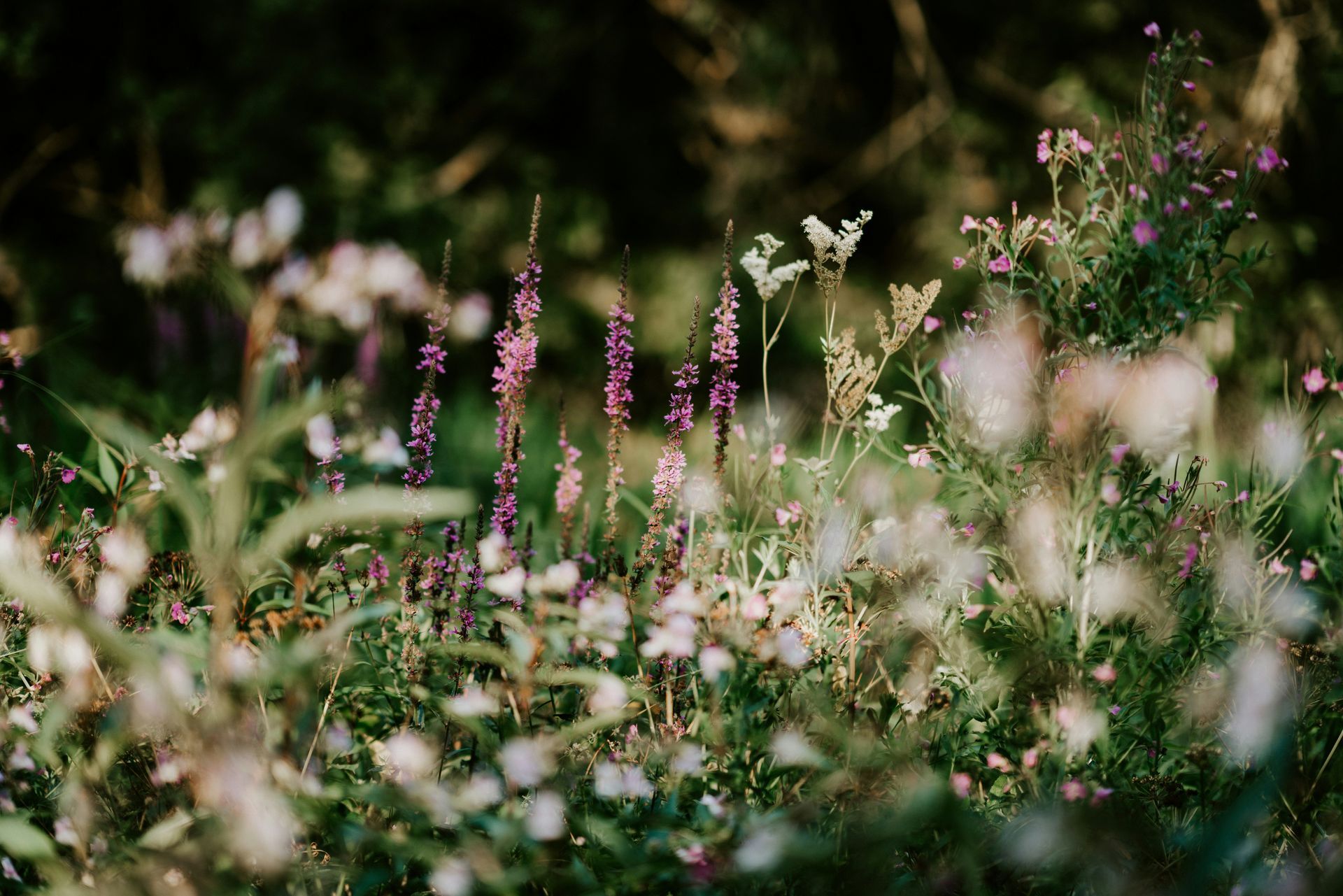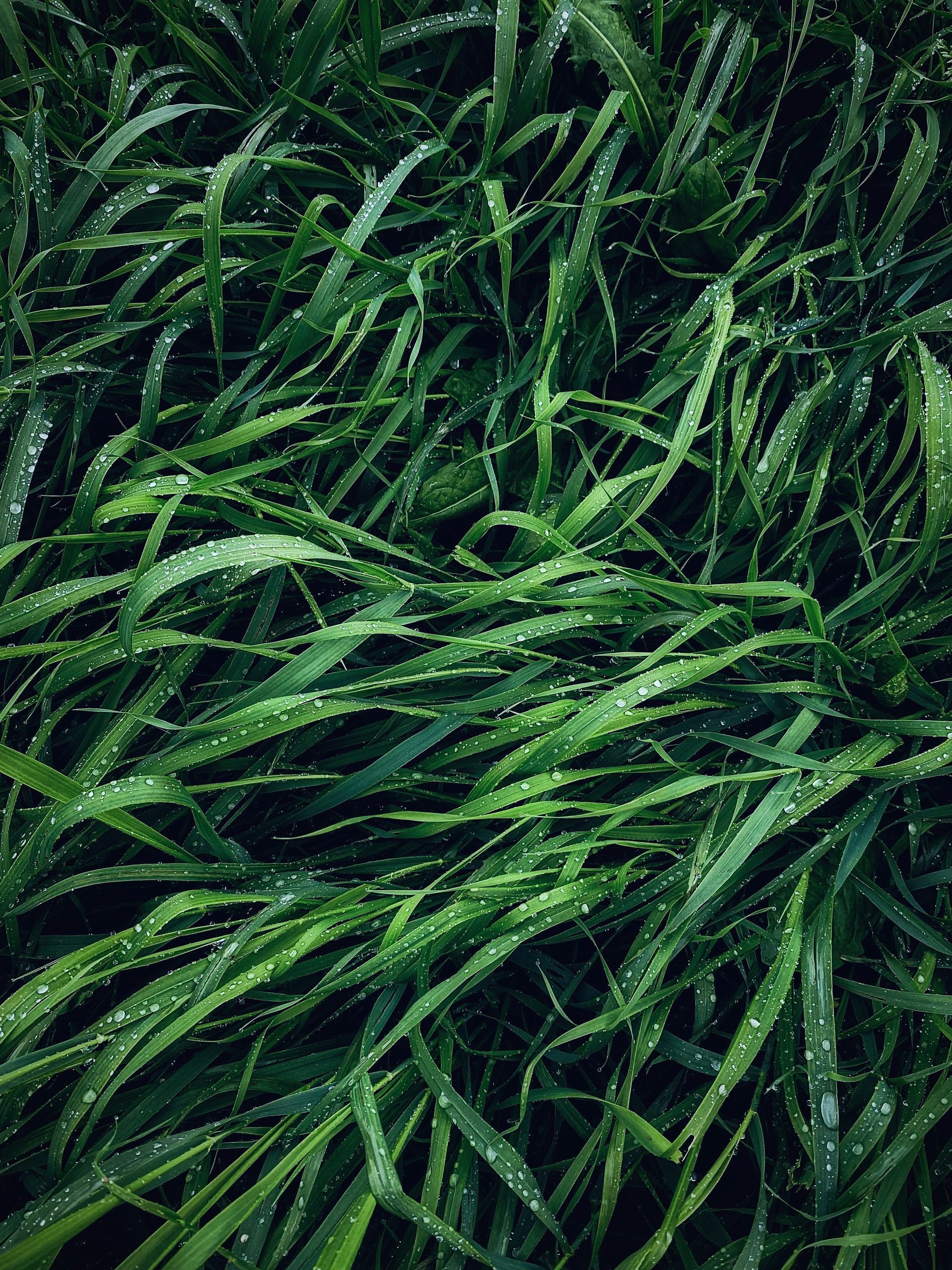Global field days to gain tips for reading the land
Why innovative farmers are now turning to biology to increase profitability.
An innovative movement in farming will be showcased at ‘Global Field Day Events’ featuring 2 Cumbrian and 2 Scottish farms.
The innovation, which promises improved animal health, reduced costs, increased resilience to drought and flood, and an overall increase in profits, is not a chemical solution but a biological one.
Sheila Cooke of 3LM , the organisation behind the event, says, ‘These events are a good news story. They signify an opportunity to become more resilient and less reliant on expensive inputs in order to thrive through the next, potentially turbulent, years in farming.’
Piper Hole Farm
The first of the Global Field Days will be hosted by Frank Hunter who farms spectacular meadows in Ravenstonedale, having taken over the management then ownership of Piper Hole Farm from his Godmother Juliet. The event, ‘how to harness biology to improve land health’, will be held on June 24th when the meadows will be at their finest.
Juliet Franklin was a significant landowner in the area from the 1940s and a biologist by profession. Through a combination of money constraints and fear of chemical ‘solutions’, she decided not to permit the use of inorganic fertilisers on land under her management.
The result of this decision is a glory to see today. Hay meadows so diverse and rich in wildlife that they were selected to become a ‘Coronation Meadow’ as part of the Prince of Wales Initiative to celebrate and protect the UKs finest hay meadow examples, one in each County.
Frank is successfully managing the farm without inorganic fertilisers and understands that to produce abundant forage for livestock over the long term we need to learn how soils work and why diversity is key.
Frank says, ‘Soils are alive, there are over a billion microorganisms in a spoonful of healthy soil. This underground community works hard to naturally provide all the fertility our plants need if we know how to support it’.
Low Sizergh Farm
Dairy farmer Richard and his sister Alison Park, who runs the diversified farm business with their mother, Marjorie Park, completed a course of Savory Institute training this year and are beginning to implement it across the whole farm business.
As Richard explained:
“We are undergoing a change in land management practices and we want to share our early experience with others who are asking similar questions about how to work with nature to achieve a thriving, food producing, species-rich landscape. We are using a framework for decision-making called holistic management. This takes into account specific features of the farm including slope, aspect, soil type, latitude and location and follows a grazing regime based on this. Fields are divided into areas that cows graze intensively for short periods and unlike the common paddock grazing system, we will be aiming to increase the variety of perennial plants to improve soil health and nutrition. In this way our livestock are a tool to improve the health of the soil, and with healthy soil we get a great supply of grass which gives us high quality milk.
“Using the holistic management framework, we intend to work with nature for economic, social and ecological benefits that will sustain our farm for future generations.
“We are aware of the bigger picture in which we run our businesses, and that helps us adapt as we cope with everything from the vagaries of the Cumbrian weather to increasing food prices and future food security. We share ideas and information with local and national networks of farmers, and food, farming and environmental organisations and this event is an example of that” added Richard.
Increase Soil Fertility and Livestock Carrying Capacity
According to 3LM, you can’t simply step away from chemical fertilisers and expect to thrive. Modern farming methods have damaged our best resource – the soil. They say through holistic management and planned grazing farmers could significantly increase soil fertility and the livestock carrying capacity of their land whilst capturing carbon and increasing biodiversity.
Caroline Grindrod says, ‘Holistic planned grazing addresses many of the issues that our ancestors had such as struggling to make hay and not being able to carry enough livestock to maintain profits. The big innovation is that we can increase carrying capacity and profitability whilst improving diversity and wildlife; it’s a proven method.’
The Global Field Day Events are an introduction to this biological innovation in farming. You can book online and see more details at 3LM.
Each farm has something special to offer:
- 24th of June – Piper Hole Farm, Ravenstonedale, Cumbria. Capitalising on biodiversity in a Coronation Meadow.
- 25th of June – Gilbiston Mill, Leven, Fife. Sourcing healthy food from healthy soils.
- 27th of June — Low Sizergh Farm, Kendal, Cumbria. Converting sunshine into profit on a dairy farm.
- 1st of July – Blackmark Farm, near Dalry, Dumfries & Galloway. Grazing for change in the uplands.
